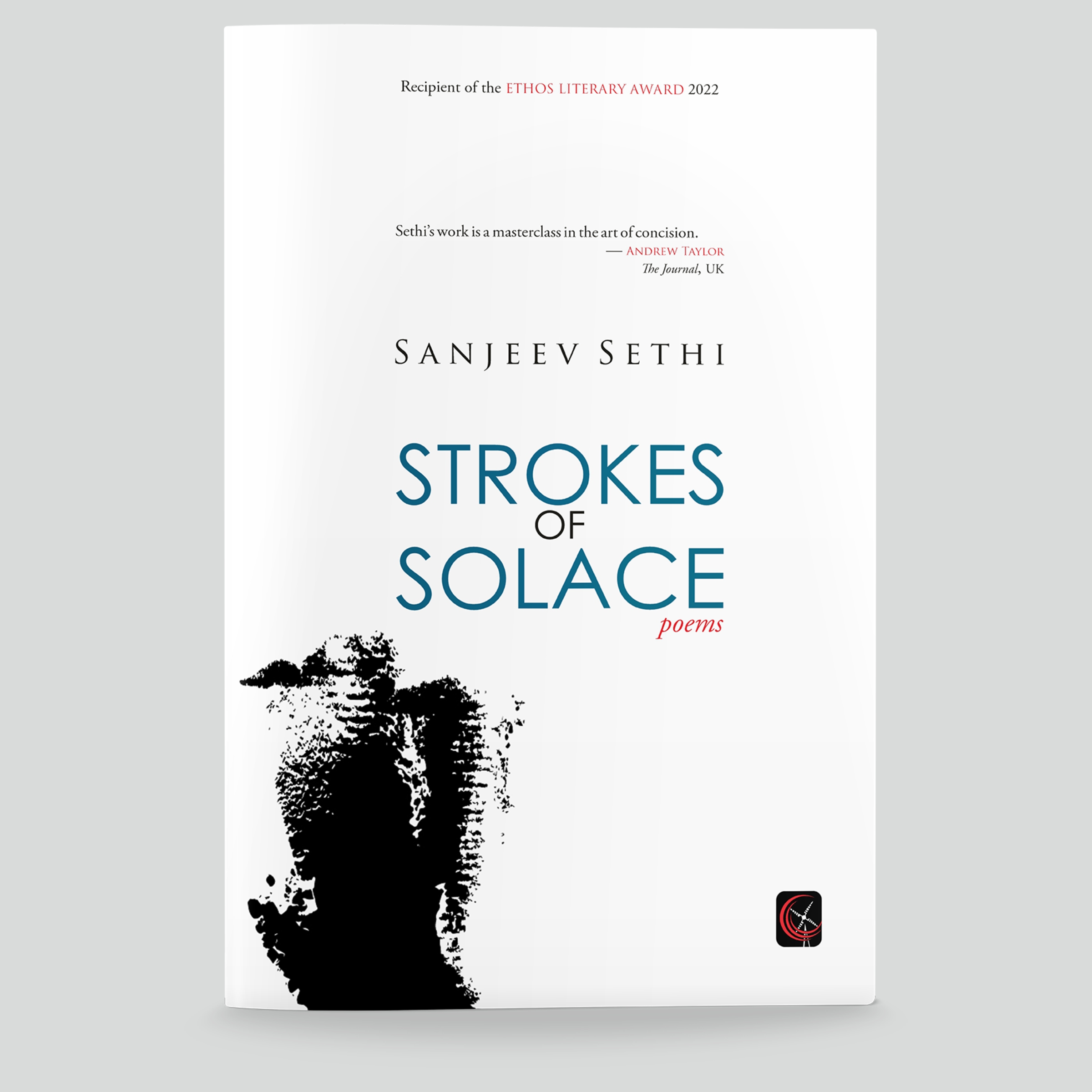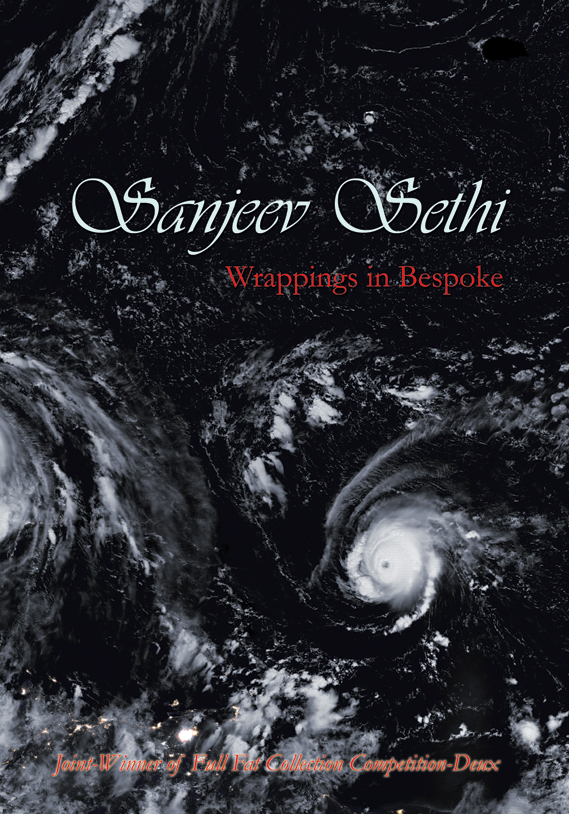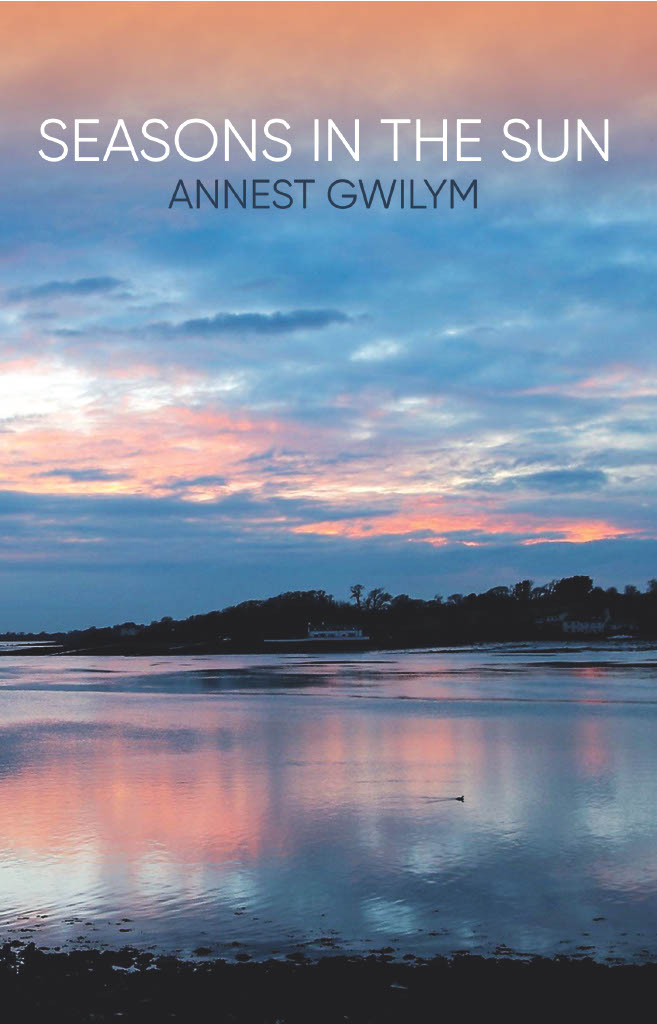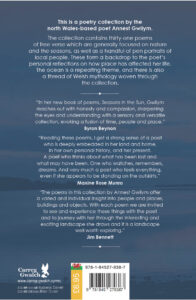1]
A Quiet Smoke with El Rey Nayar
Wittgenstein: I know I ordered scrambled eggs, so why aren’t they fried?
Waitress: As Kant used to say, Too late for that, honey.
Wittgenstein: Kant called you honey?
Waitress: No, he called me Kitty, but I didn’t see him that often.
Wittgenstein: But seeing is believing, ¿verdad?
Waitress: As Kant used to say, Too late for that, Cassandra.
El Rey:
You don’t want a partner impressed by your wisdom.
It’s the winds who are wise, as they glide up valleys
And wrap around the mountains, never lost
But only named in reverent jokes, La Flaca, you know,
And when you talk, talk of tortillas, of how the rain
Used to be reversed to bless the sky, of drink,
And how truth declares itself like this (waves hand)
And shouts its boasting name in empty noises.
Ha, man, you have it all wrong all the time, right?
What you call justice, I call—tortillas. Rain will remember.
So when you fall in love, right, you sing it out
Like a big green frog under the water, your eyes
Bulged out with passion, your froggy mind cool as
The rain, your empty heart full of compressed air,
And the Muses text you you are fucking up and by heaven
You need to emerge like one of those happy whales
At Sea World, ravenous for a small dead fish.
So you text back, O Motherly Muses, Queens of Life!
Blessed spirits of high imagination! OK, I’m coming,
Thrashing my flippers, always obedient, O yes, ma’am,
Damn, I need air, love needs oxygen, ah, ah, ah,
I always wondered how old Beowulf managed,
Swimming ten miles in an upward direction,
Clutching Grendel’s cumbersome head and the hilt
Of some ancient giant’s mis-inherited sword,
But up you go, with all that love, oh wow, that love,
About to explode you, to pop you, although
As a frog, you can handle the mission, kick those legs.
So that’s why I don’t talk much about love
Except to the hummingbirds flying in from death.
(St. Thomas More replies, through a cloud of smoke)
El Santo:
Wait a minute, there, (cough) Your Majesty,
Up in those mountains it may well be true
That death communicates from nowhere to you,
But here in Heaven, by gosh, it seems to me
That death is silent; in this guy’s poetry
He mentions that mistake that Judas made,
And I fucked up, too, and good faith betrayed
When I tormented heretics vigorously,
So now in painful purgatorial remorse
I write fourteeners day and night and then
I scan and rescan all my lines again,
And the sonnet is my only intercourse.
So love, you say, by way of conversation,
Is no more than a kind of frog inflation?
El Rey:
Sustenance comes in diverse disguises,
As we say down in the sierra, and
No one really wants their head chopped off
By a dude whose slaves put powdered gold
In his single-malt milkshake—too bad
He got you, my saintly friend. I warn you, friends,
All y’all readers, cozy as the bees,
There ain’t no rain in the Tower of London,
No saving mists that rise from the valleys,
No tortillas hot from the comales…
Don Tomás, forgive me a little, now,
Love was the matter, and when hummingbirds
Return from their paradise with hot-winged wisdom,
And foolish children play ball on the cliff tops,
And sing salvational ditties at sunrise,
Remember how rain washes down restoration
Where spirit comes forth in invisible splendor
And all become saintly for love of compassion,
And I hold a place in the heart of my mountains
To tell you how words must dissolve their creation
To say I am always the kind voice of the rain.
El Santo:
OK, so now the frog of love has hopped away.
O happy amphibious escapee!
And now you will explain to me
How love operates in a magical way.
Fair enough, I say, your (cough cough) majesty,
If we’re intrigued by appetite or fear
Or anything important but unclear
We may call magic any mystery,
So now I claim this boon from thy (cough) throne
To draw from thine oracular song
A truth that is unquestionably strong
And swear this truth to be my own.
As love descends like showers from the sky,
So love leaves nothing needful dry.
R. W. Haynes, Professor of English at Texas A&M International University, has published poetry in many journals in the United States and in other countries. As an academic scholar, he specializes in British Renaissance literature, and he has also taught extensively in such areas as medieval thought, Southern literature, classical poetry, and writing. Since 1992, he has offered regular graduate and undergraduate courses in Shakespeare, as well as seminars in Ibsen, Chaucer, Spenser, rhetoric, and other topics. In 2004, Haynes met Texas playwright/screenwriter Horton Foote and has since become a leading scholar of that author’s remarkable oeuvre, publishing a book on Foote’s plays in 2010 and editing a collection of essays on his works in 2016. Haynes also writes plays and fiction. In 2016, he received the SCMLA Poetry Award ($500) at the South Central Modern Language Association Conference In 2019, two collections of his poetry were published, Laredo Light (Cyberwit) and Let the Whales Escape (Finishing Line Press). His Latest collected works are Heidegger Looks at the Moon (Finishing Line Press 2022 ) The Deadly Shadow of the Wall (Finishing Line Press 2023) and forthcoming collection Old Temples in Moonlight (Finishing Line Press 2025)








